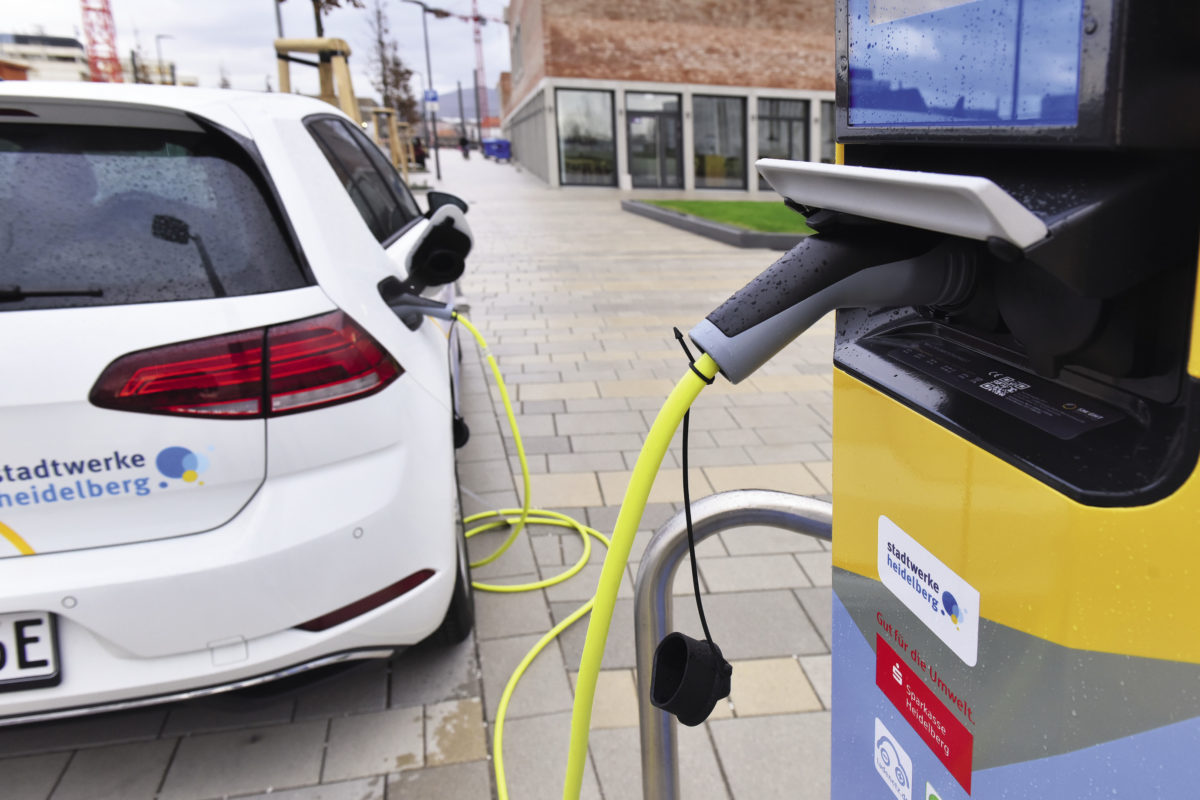With Indian-owned prestige carmaker Jaguar Land Rover having called on Friday for the U.K. government to bring “giga-scale battery production” to the country to help its ambitious electric vehicle (EV) production strategy, another sign of the march of electromobility emerged today in the U.K.
U.S.-based non profit The Climate Group today announced two of the U.K.’s largest commercial vehicle operators have signed up to its EV100 initiative to go all-electric by 2030.
The organization revealed energy companies Centrica – the owner of utility British Gas – and SSE had committed to electrifying their vehicle fleets ten years before a government-mandated ban on new petrol and diesel engine vehicle sales in the U.K.
Centrica’s 12,500 vehicles make up the U.K.’s third biggest commercial fleet and SSE’s 3,500 are the nation’s seventh largest. SSE, according to The Climate Group, has also committed to the organization’s EP100 campaign to double energy productivity by 2030, using 2010 performance as a baseline.
JLR announcement
With both companies also pledging to roll out charging infrastructure to support the transition, U.K.-based facilities management and professional services firm Mitie pledged to electrify 5,300 vehicles in its fleet by 2030 – albeit subject to “affordability” and the availability of charging points. In the short term, Mitie has also committed to electrifying 700 vehicles in its small van and car fleet and to install 800 charging points by the end of next year.
Jaguar Land Rover (JLR) last week announced plans to offer an electric version of its flagship XJ model out of its production line at Castle Bromwich in Birmingham, as it bids to offer electric versions of all Jaguar and Land Rover models from next year onwards.
The announcement, which Tata Motor-owned JLR said “safeguards several thousand jobs in the U.K.” would also involve the battery assembly plant being developed by the business at nearby Hams Hall. JLR said that facility, which is set to be operational next year, would be the “most innovative and technologically advanced in the U.K.” and would have an annual production capacity of 150,000 units.
Giga scale battery factories needed
The JLR announcement was accompanied by a call for the U.K. government to join the global race to establish battery manufacturing capacity, with China and the EU having already made a head start in the race for market share in energy storage and with India also announcing ambitious manufacturing plans.
JLR chief executive Ralf Speth, announcing the company’s electrification strategy, warned: “Affordability will only be achieved if we make batteries here in the U.K., close to vehicle production, to avoid the cost and safety risk of importing from abroad.”
Major auto brands worldwide are belatedly attempting to take advantage of the transition to EVs spurred on by disruptive rival startups such as Tesla and by a global slump in overall new car sales.
Only today, Chinese carmaker Geely Auto issued a profit warning to the Hong Kong stock exchange, announcing falling overall sales would ensure net profits for the first half of the year would be 40% lower than the RMB6.67 billion ($969 million) posted in the same period last year.
Geely owns the Proton, Volvo and Lotus brands, among others, and also produces electric versions of London’s black cabs via its London Electric Vehicle Company business unit.
This content is protected by copyright and may not be reused. If you want to cooperate with us and would like to reuse some of our content, please contact: editors@pv-magazine.com.




2 comments
By submitting this form you agree to pv magazine using your data for the purposes of publishing your comment.
Your personal data will only be disclosed or otherwise transmitted to third parties for the purposes of spam filtering or if this is necessary for technical maintenance of the website. Any other transfer to third parties will not take place unless this is justified on the basis of applicable data protection regulations or if pv magazine is legally obliged to do so.
You may revoke this consent at any time with effect for the future, in which case your personal data will be deleted immediately. Otherwise, your data will be deleted if pv magazine has processed your request or the purpose of data storage is fulfilled.
Further information on data privacy can be found in our Data Protection Policy.